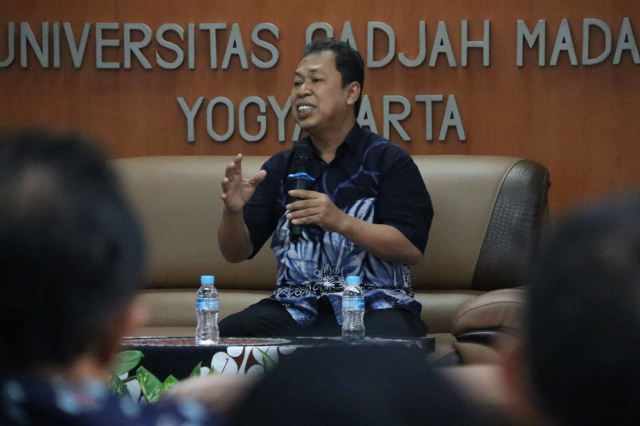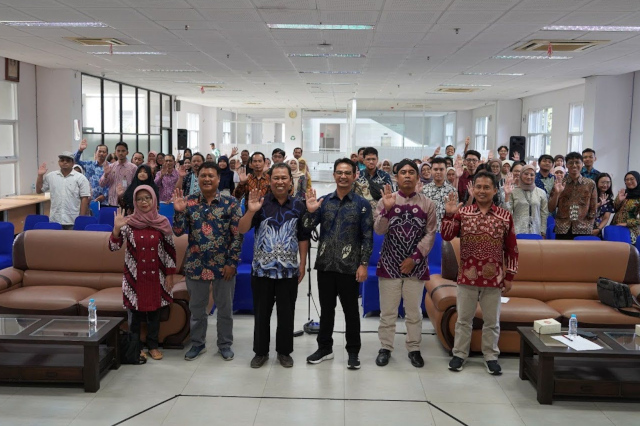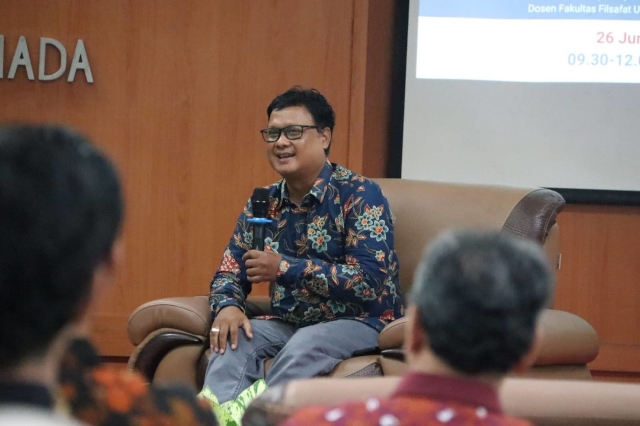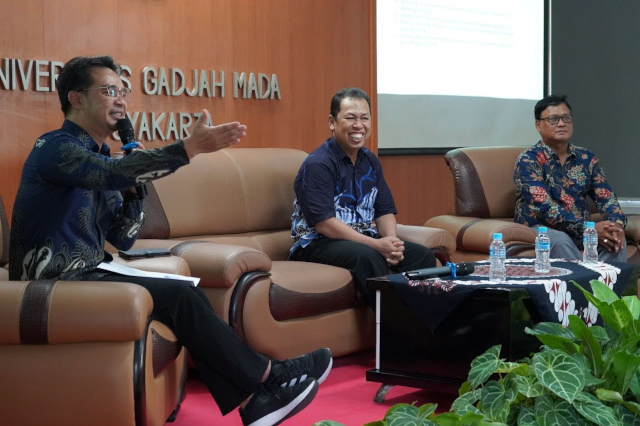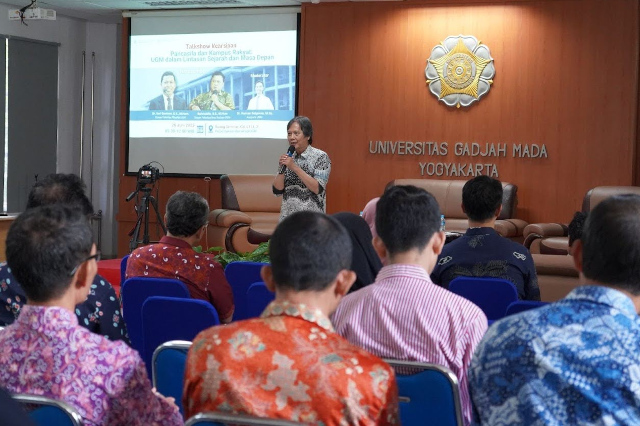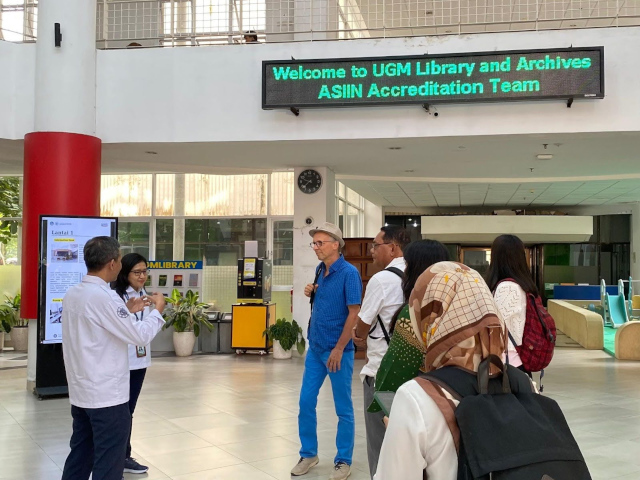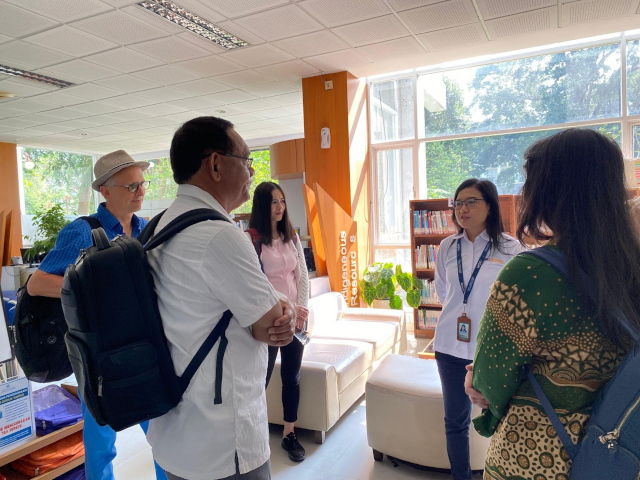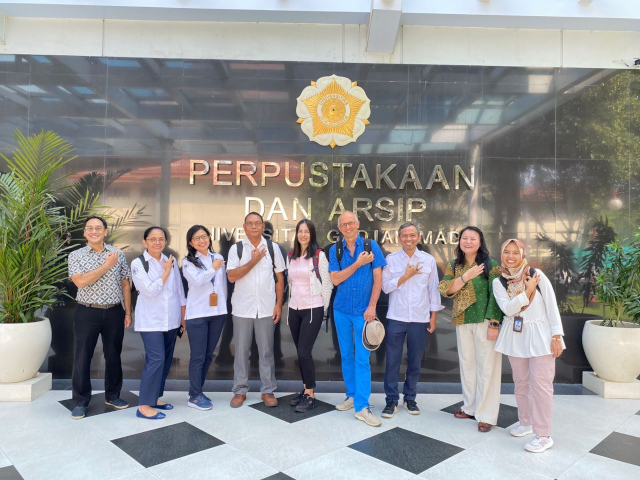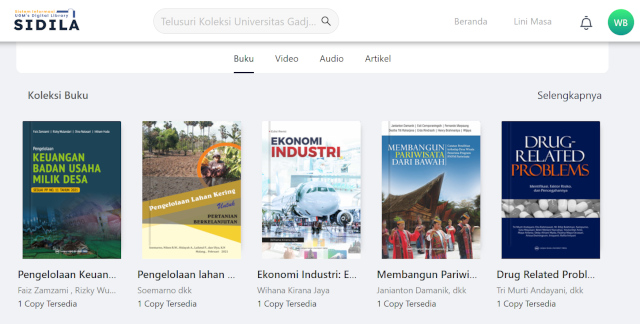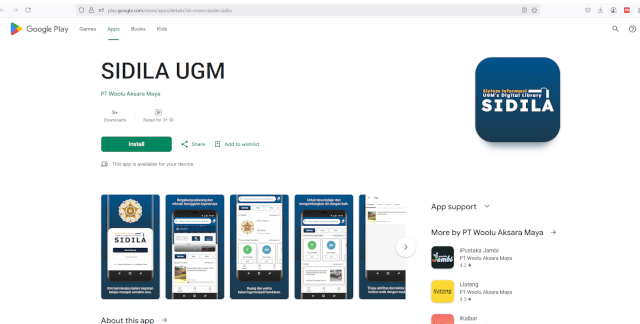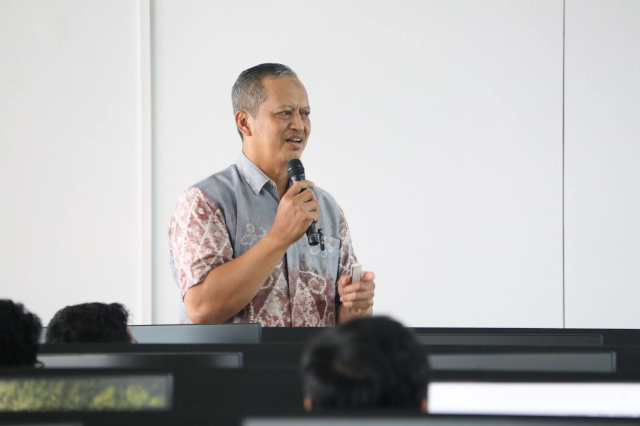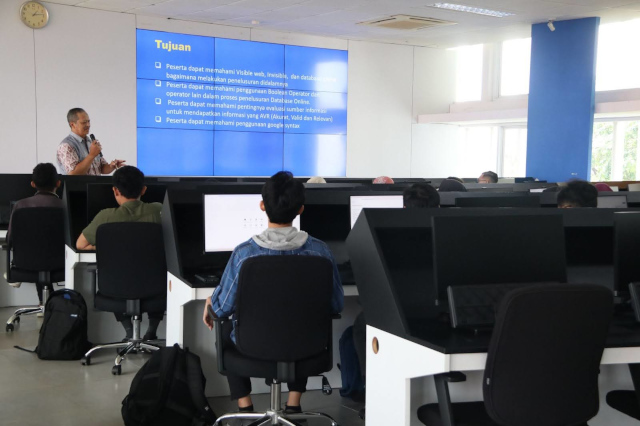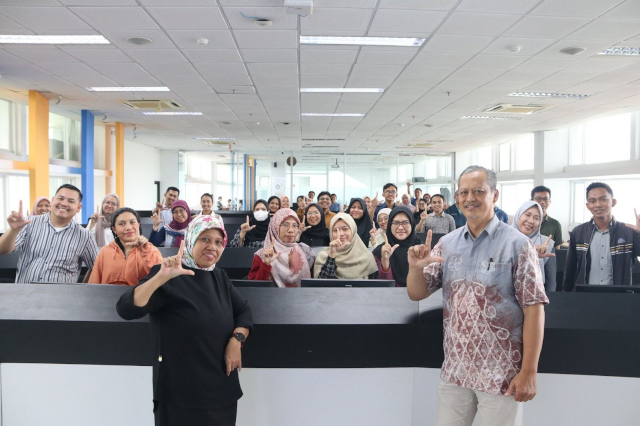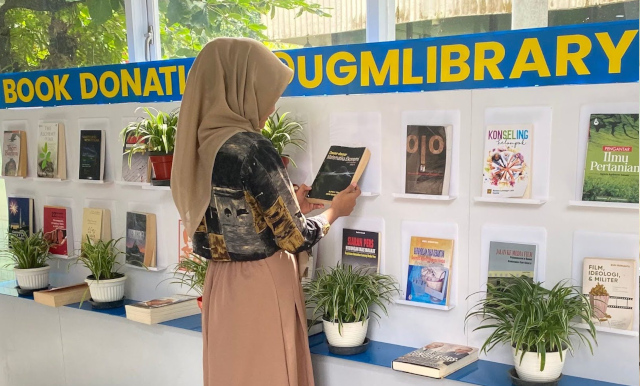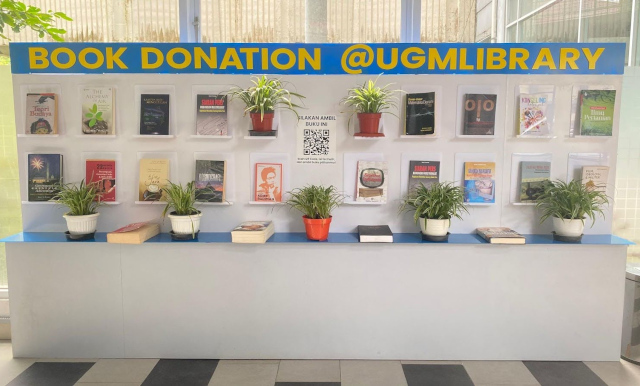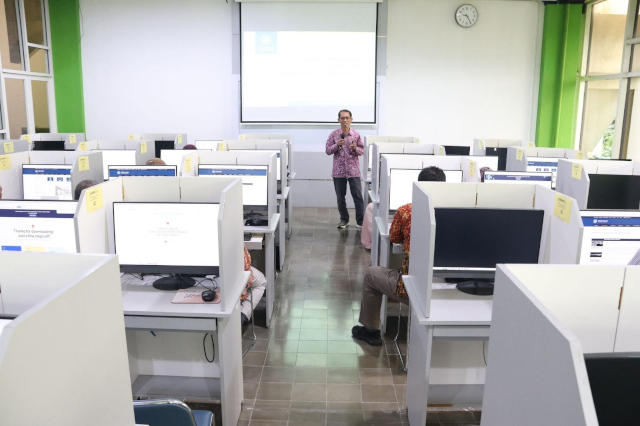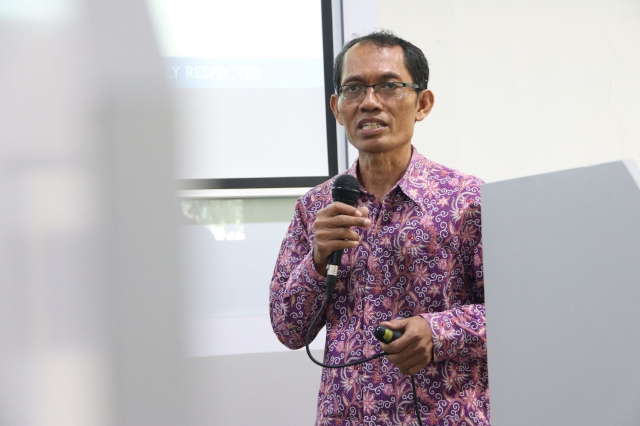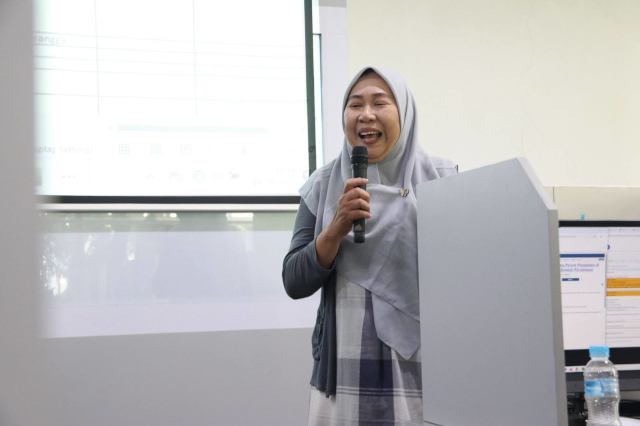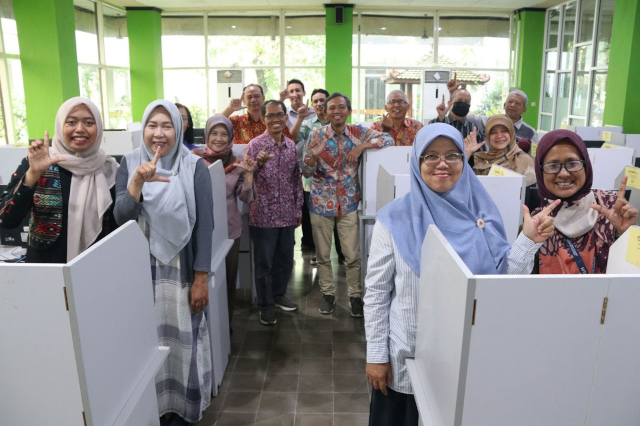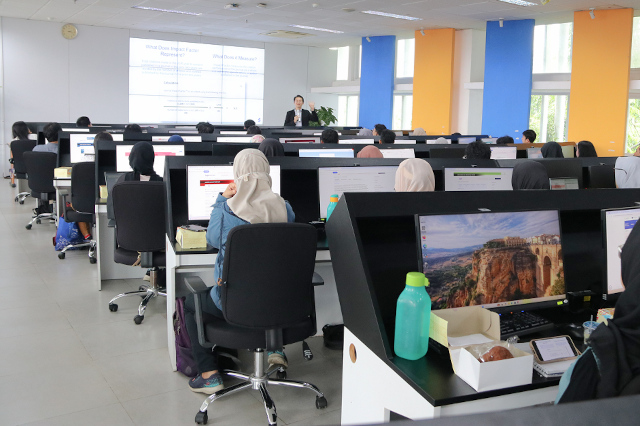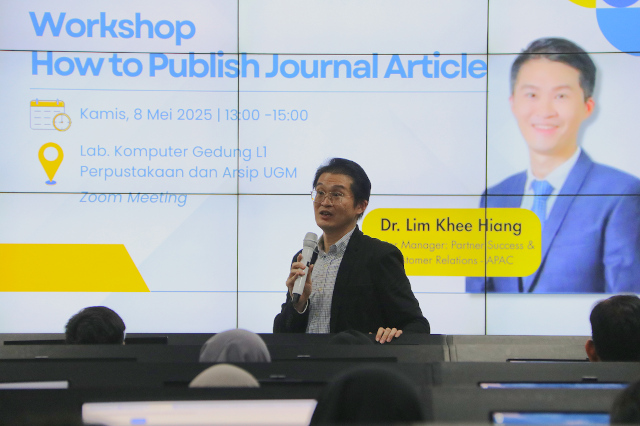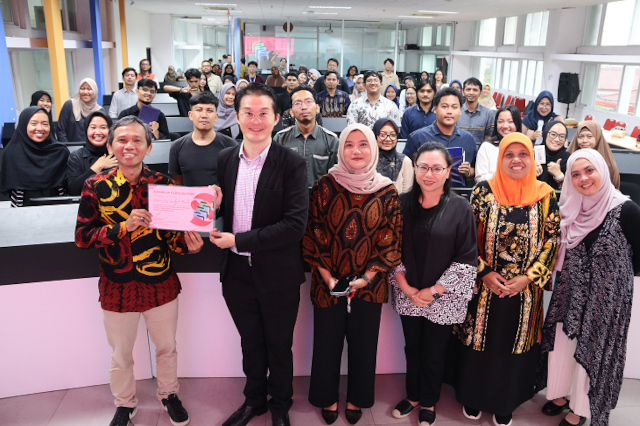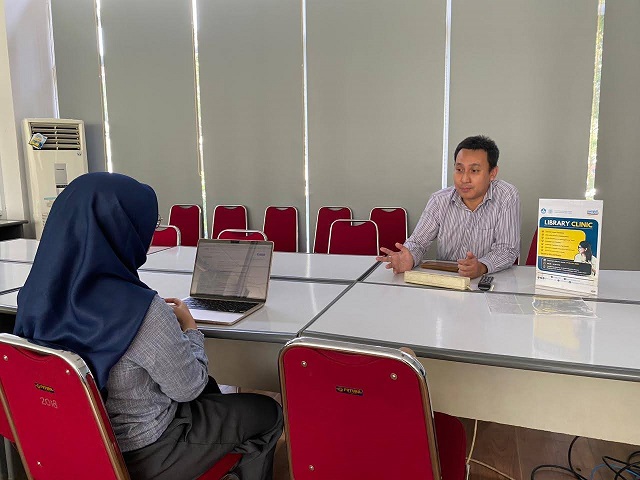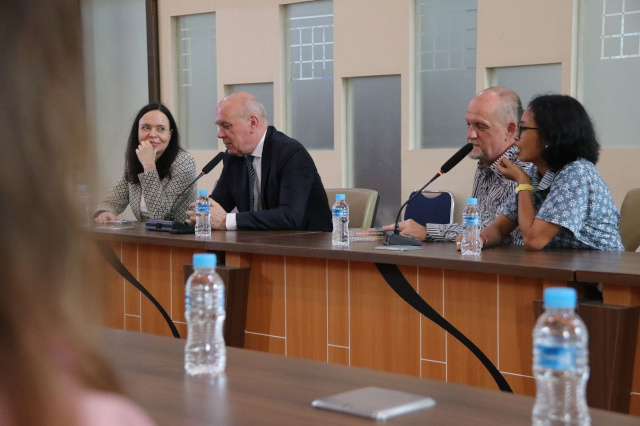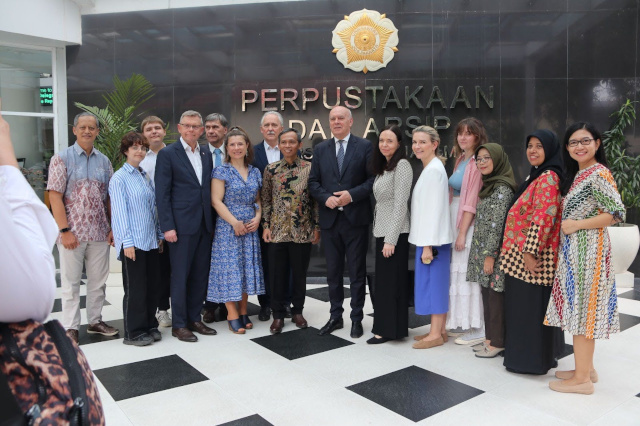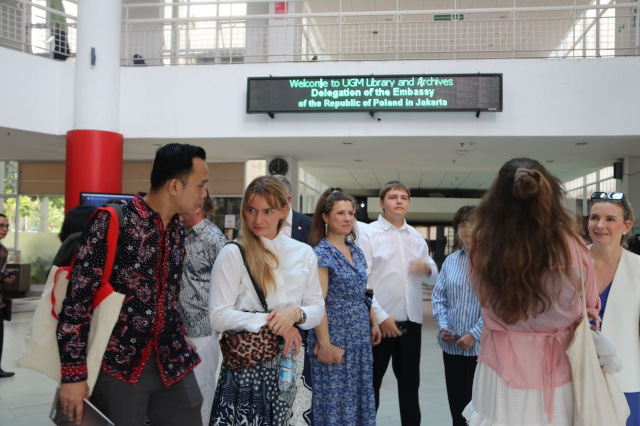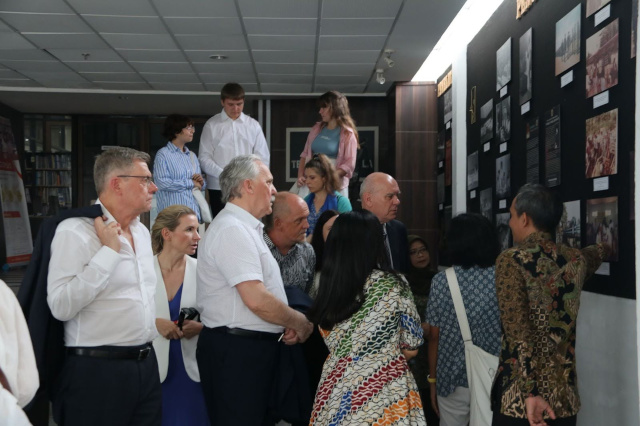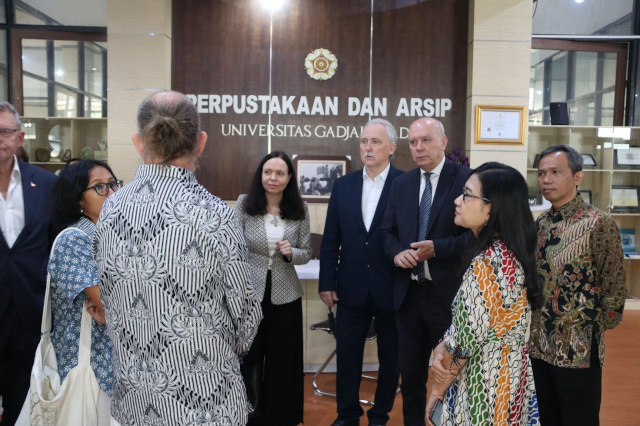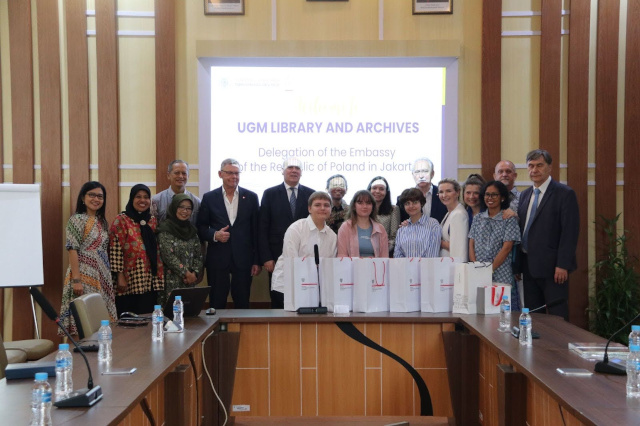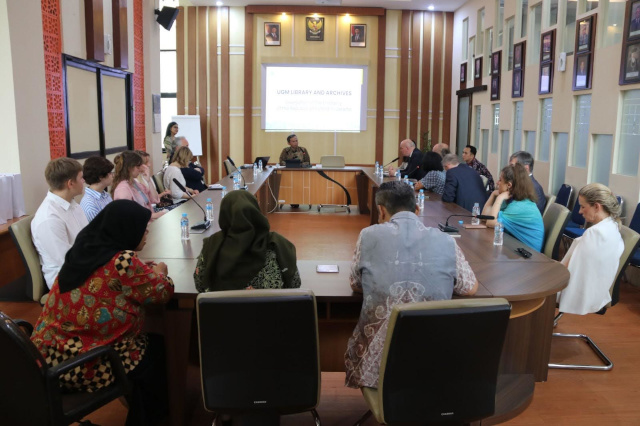Smart Information Searching: Literacy Class Explores Springer Nature and Sage Journals
News Monday, 30 June 2025
The Library and Archives of Universitas Gadjah Mada (UGM) has once again held the Literacy Class on Effective Search Strategies for Multi-Subject Databases, continuing a series of successful training sessions conducted previously. The two latest sessions focused on the use of Springer Nature on Tuesday, June 24, 2025, and Sage Journals on Thursday, June 26, 2025. Both sessions took place in the Computer Laboratory, Building L1, 5th Floor.
The program attracted participation from students, lecturers, and librarians from various faculties, aiming to equip attendees with strategic skills for accessing credible and relevant global scientific information.
Springer Nature, a leading provider of more than 3,000 multidisciplinary scientific journals, was presented in detail by Barid Budi Wicaksono, S.TP., M.A. He guided participants through keyword-based search techniques, the use of topic and date filters, and methods for managing references to support academic writing.
The following session, led by Maryono, SIP., highlighted the strengths of Sage Journals, particularly in the fields of social sciences, education, psychology, and public policy. Maryono emphasized the importance of critical digital literacy in selecting credible information amidst the growing volume of online publications. "An effective search strategy is not only about technique", he asserted, "but also about understanding context and user needs."
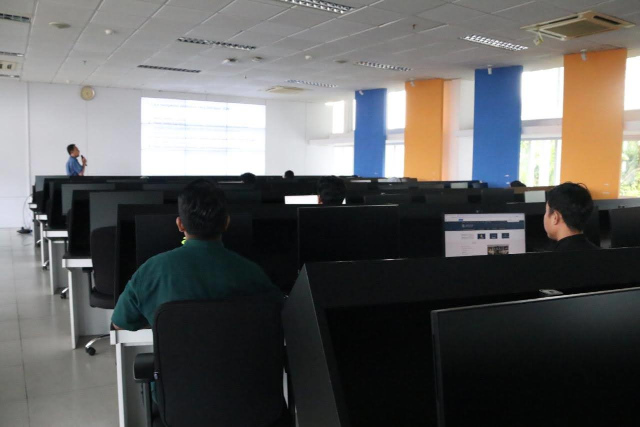
This literacy class series is part of UGM Library’s ongoing effort to foster an adaptive and inclusive research ecosystem. Previously, similar training focused on ScienceDirect and Scopus, and more sessions are scheduled for July, featuring other international databases.
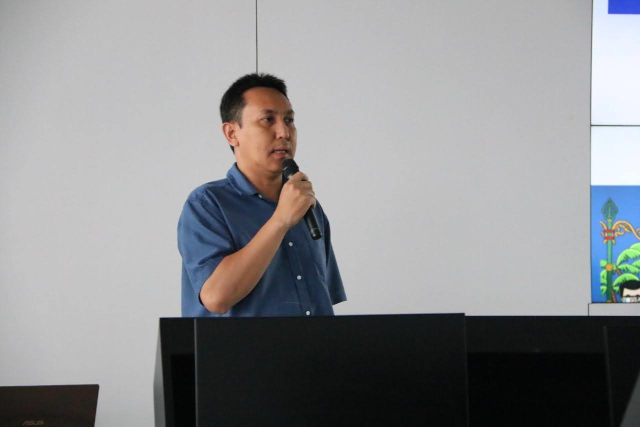
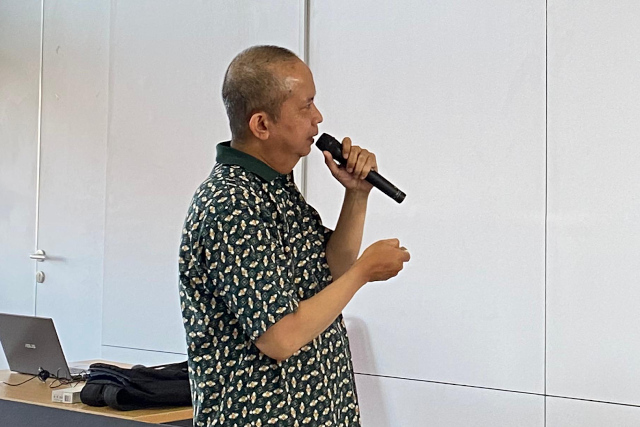
The program supports the achievement of the Sustainable Development Goals (SDGs), particularly SDG 4: Quality Education, by providing open and targeted access to global knowledge. As the landscape of scientific information becomes increasingly complex in the digital age, the ability to search, evaluate, and utilize the right sources has become an essential academic skill.
Contributor: Wasilatul Baroroh

